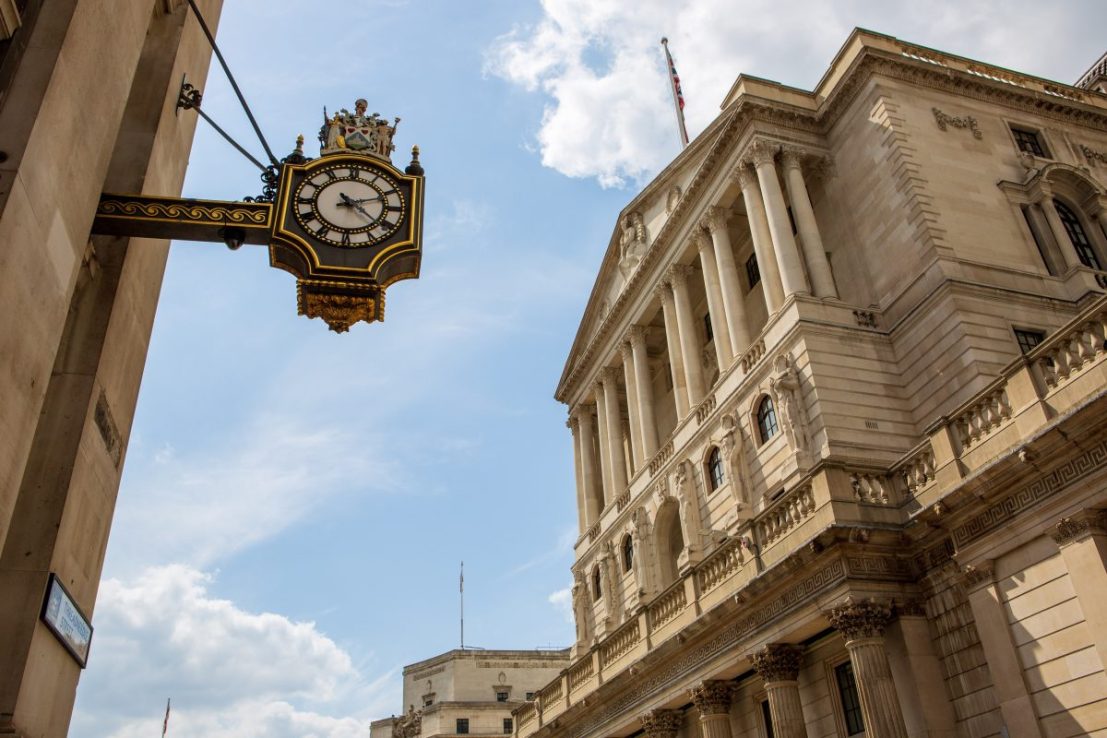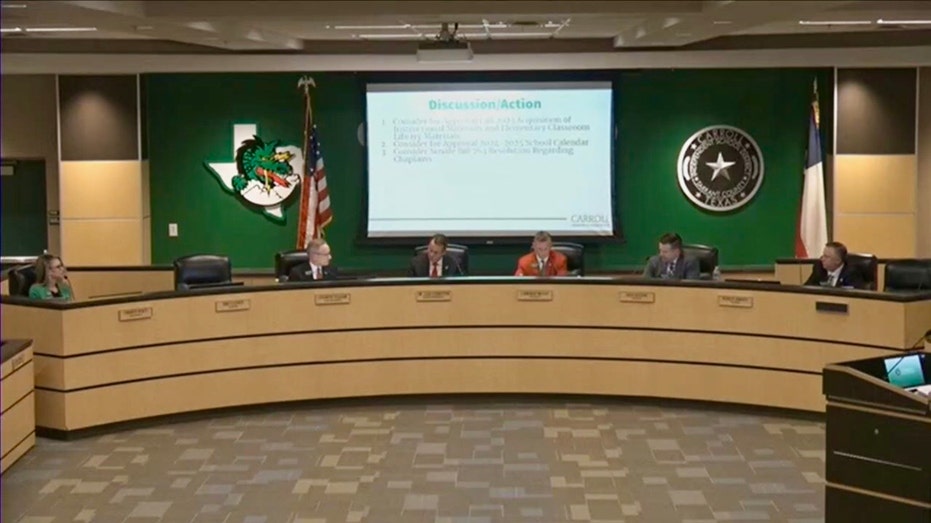Bank of England to hold rates again – but it could signal a summer cut is on the cards
The Bank of England is set to leave interest rates on hold again on Thursday, but policymakers could signal a willingness to cut rates in the near future if inflation continues to fall.


The Bank of England is set to leave interest rates on hold again on Thursday, but policymakers could signal a willingness to cut rates in the near future if inflation continues to fall.
At the Bank’s last meeting in March, Governor Andrew Bailey said inflation was “moving in the right direction” and even suggested that rate cuts were “in play”.
Figures out since then have been slightly hotter than expected, but have not changed the overall direction of travel.
Inflation fell to 3.2 per cent in March, slightly ahead of the 3.1 per cent expected by economists, but down from over 11 per cent in Autumn 2022. Many forecasters expect inflation to fall to around two per cent in April thanks to Ofgem’s energy price cap.
Regular annual wage growth, meanwhile, fell to 6.0 per cent in the first quarter of the year. Again, while this was slightly ahead of expectations, pay growth was still down from peaks of over eight per cent last summer.
Given the progress on inflation, the question for policymakers has turned to when to start reducing the benchmark Bank Rate. It currently stands at 5.25 per cent, a post-financial crisis high.
The Bank of England is treading a fine line between holding rates too high for too long, and squashing a nascent economic recovery, or loosening policy too soon, risking an uptick in inflation.
MPC members are deeply divided on the timing of the first rate cut. In recent weeks Dave Ramsden has said he was “more confident” that inflation was returning to target while Huw Pill, the Bank’s chief economist, said there was still “a reasonable way to go”.
Despite the risks, many economists expect policymakers to open the door to a summer interest rate cut.
“We expect a change in the messaging to indicate that the MPC is inclined to begin cutting the Bank Rate, conditional on the data evolving in line with the updated forecast,” Jack Meaning, UK economist at Barclays said.
Sanjay Raja, UK economist at Deutsche Bank, predicted that the MPC would “set the stage for a June rate cut”.
A recent City A.M. poll showed that most economists thought the Bank of England would start cutting rates in August. Markets, however, are not so sure. Having been spooked by hot inflation data in the US, which has forced the Fed to wait, traders are only pricing in the first rate cut in for September.
This repricing will have an impact on the Bank’s forecasts, which are based off the market curve. Inflation will likely be lower across the forecast period, despite slightly higher oil prices, because markets are expecting fewer rate cuts.
Barclays’ Meaning said inflation would likely be revised down for two and three years ahead, “predominantly due to the effect of the yield curve tightening”.
This would leave inflation below target from mid-2026, he added.



